The detention of hundreds of international activists off the coast of Gaza is seeing strong condemnation over Israel’s alleged mistreatment of detainees and its larger enforcement of the long-standing naval blockade on the Palestinian territory.
The Global Sumud Flotilla, a convoy of 42 boats carrying around 450 activists from multiple countries was intercepted by Israeli naval forces between October 1 and October 3.
According to Israeli authorities, the flotilla attempted to breach the blockade to “deliver symbolic aid” to Gaza — a territory under siege since the Hamas attack on Israel in October 2023.
The flotilla’s participants described their mission as peaceful and humanitarian, while Israel charactersied it as a political provocation organised to discredit the state and, in its view, support a terrorist entity.
Among those detained were several prominent figures, including Swedish climate campaigner Greta Thunberg, Mandla Mandela — grandson of Nelson Mandela — and several European parliamentarians.
The arrests took place as United States President Donald Trump was urging both Israel and Hamas to commit to a new ceasefire framework, with negotiations expected to resume in Cairo.
Inside Israeli custody
Following the naval interception, the activists were transferred to Ketziot Prison, a high-security facility in the Negev desert. Many of those detained were later deported, but a number remain in custody pending legal processing.
The Israeli Foreign Ministry confirmed that all detainees were offered voluntary deportation, while some opted to stay in Israel to undergo the formal legal deportation process.
Accounts from released detainees paint a grim picture of their time in custody. Italian journalist Saverio Tommasi, who returned home to Rome, claimed that soldiers confiscated personal medication and treated prisoners “like monkeys.”
He alleged that detainees were subjected to psychological harassment and mocked by Israeli forces. “We also saw Greta Thunberg at the port, in that case with her arms tied and an Israeli flag next to her, just a mockery,” Tommasi told AP.
“Let’s say the mockery was part of the verbal and psychological violence they always carried out, in order to demean, ridicule and laugh in situations where there is nothing to laugh about.”
Another Italian detainee, Lorenzo D’Agostino, described nights of sleep deprivation, repeated searches, and intimidation using military dogs and laser sights.
“They were intimidating us with dogs,” he said after his arrival in Istanbul. “They pointed the laser sights of their guns at us to scare us.”
He claimed that his money and belongings were also taken during detention.
Paolo De Montis, another Italian activist, provided a similar account. “Constant stress and humiliation,” he told AP, describing being confined in a prison van for several hours with his hands restrained by zip ties.
“You weren’t allowed to look them in the face, always had to keep your head down and when I did look up, a man … came and shook me and slapped me on the back of the head. They forced us to stay on our knees for four hours.”
Greta Thunberg’s case
The detention of Greta Thunberg, a globally recognised climate and social justice activist, has particularly drawn attention from governments and rights organisations. A report by The Guardian cited a Swedish Foreign Ministry email confirming that Swedish embassy officials met Thunberg in prison.
According to the correspondence, she “informed of dehydration” and complained of “insufficient amounts of both water and food.”
The message also stated that she had developed “rashes which she suspects were caused by bedbugs” and that she was forced to “sit for long periods on hard surfaces.”
The same email relayed another detainee’s statement that Thunberg was “forced to hold flags while pictures were taken” and expressed concern that such images might have been circulated.
These claims were supported by additional activists who were detained with her.
Turkish activist Ersin Çelik, speaking to Turkey’s state-run Anadolu Agency, alleged that Israeli personnel physically assaulted Thunberg.
“They dragged little Greta by her hair before our eyes, beat her, and forced her to kiss the Israeli flag. They did everything imaginable to her, as a warning to others,” he said.
D’Agostino, echoing the claim, said Thunberg was “wrapped in the Israeli flag and paraded like a trophy.”
The flotilla’s Italian legal representatives asserted that detainees were kept without food or water for long periods.
“A packet of crisps handed to Greta and shown to the cameras” was, they claimed, the only instance of food provision for hours.
Israel’s denials & position
The Israeli Foreign Ministry has denied every allegation of misconduct. In multiple statements, it maintained that the detainees’ rights were “fully upheld” and described the allegations as “brazen lies.”
It said that all prisoners had access to legal counsel, medical care, food, and sanitation.
In a social media post, the ministry wrote that “Greta also did not complain to the Israeli authorities about any of these ludicrous and baseless allegations — because they never occurred.”
It also asserted that those who remained in custody had voluntarily chosen not to expedite their deportation.
An official statement added, “All detainees from the Hamas-Sumud provocation were given access to water, food, and toilets; they were not denied access to legal counsel, and all their legal rights, including access to medical care, were fully upheld. Israel is and will remain a state governed by the rule of law, committed to upholding the rights and dignity of all individuals in accordance with international standards.”
However, Israeli National Security Minister Itamar Ben-Gvir, who oversees prisons, publicly endorsed the treatment of detainees, calling it justified.
During a visit to Ketziot prison, he said, “I was proud that we treat the ‘flotilla activists’ as supporters of terrorism. Anyone who supports terrorism is a terrorist and deserves the conditions of terrorists.”
He added, “If any of them thought they would come here and receive a red carpet and trumpets — they were mistaken. They should get a good feel for the conditions in Ketziot prison and think twice before they approach Israel again.”
Ben-Gvir also claimed that the flotilla’s humanitarian purpose was a façade.
“I was there, on their boats, I didn’t see aid and I didn’t see humanitarian. I saw one Materna [baby formula] and an entire wild party of people who were dressing up as human rights activists, but who in practice came to support terrorism and to celebrate [at our expense].”
International response
The incident has drawn criticism from several governments, particularly those whose citizens were detained. Turkey, Colombia, and Pakistan issued official protests, condemning Israel’s handling of the activists.
Greece, which had 27 nationals among those arrested, submitted a formal written protest to Israel denouncing the “unacceptable and inappropriate behaviour” of an Israeli minister — a reference widely interpreted as aimed at Ben-Gvir’s public remarks and video footage mocking the detainees.
The Swedish Foreign Ministry confirmed it was “acting intensively to ensure that the detained Swedes’ rights are observed.”
It added that the embassy in Tel Aviv had pointed out the need to provide adequate food and clean water, access to legal counsel, and medical attention where needed.
Greek and South African embassies reported visiting their detained citizens and stated that they were “in good health and high spirits.” The Greek government said its nationals were expected to be deported shortly.
In total, Israeli authorities have deported at least 170 detainees so far out of the more than 450 detained, with more departures expected.
Meanwhile, legal organisation Adalah, representing several of the detainees, reported that many had faced mistreatment.
These included being denied medical treatment and medication, enduring physical abuse, and, in one case, a Muslim woman being compelled to remove her hijab and offered a shirt as a substitute.
Responding to those claims, an Israeli foreign ministry spokesperson said, “All the detainees’ legal rights were fully upheld, and they were all given access to water, food, and restrooms. They were not denied access to legal counsel, and of course, no physical force was used against them.”
The spokesperson accused Adalah of “repeating outright lies.”
The detention and alleged abuse of flotilla activists have also triggered protests in cities across Europe, Latin America, and West Asia.
Demonstrations were reported in Stockholm, Rome, Istanbul, London, and Johannesburg, where protesters demanded the immediate release of all detainees and called for international pressure on Israel to lift the blockade.
In Sweden, activists gathered outside the Israeli embassy calling for Thunberg’s release, while in Italy, human rights groups demanded an independent investigation into the treatment of journalists.
Turkish officials have called the incident “a blatant violation of international law.”
The issue has also strained Israel’s relations with several European countries, where lawmakers have voiced concern over reports of degrading treatment.
While some governments have refrained from direct condemnation, diplomatic channels remain active as embassies seek the safe return of their nationals.
What next
The Global Sumud Flotilla is the most recent in a series of maritime campaigns launched since the late 2000s to challenge Israel’s naval blockade of Gaza.
The blockade, imposed in 2007 and maintained with Egyptian cooperation, restricts maritime access to the enclave, which Israel says is necessary to prevent the smuggling of weapons to Hamas.
Humanitarian groups, however, argue that the blockade collectively punishes Gaza’s two million residents and exacerbates poverty, unemployment, and food insecurity.
The Global Sumud Flotilla set sail in late August as Gaza faced worsening famine conditions and ongoing airstrikes following the renewed hostilities between Hamas and Israel.
Despite the controversy, activists have announced the launch of another maritime convoy aimed at Gaza.
According to organisers, 11 new vessels — including boats carrying medics and journalists — are preparing to sail toward the enclave. They have pledged to continue challenging the blockade until it is lifted.
Israeli officials have said they will prevent any unauthorised entry into Gaza’s waters and warned that further flotillas would face the same fate.
With inputs from agencies


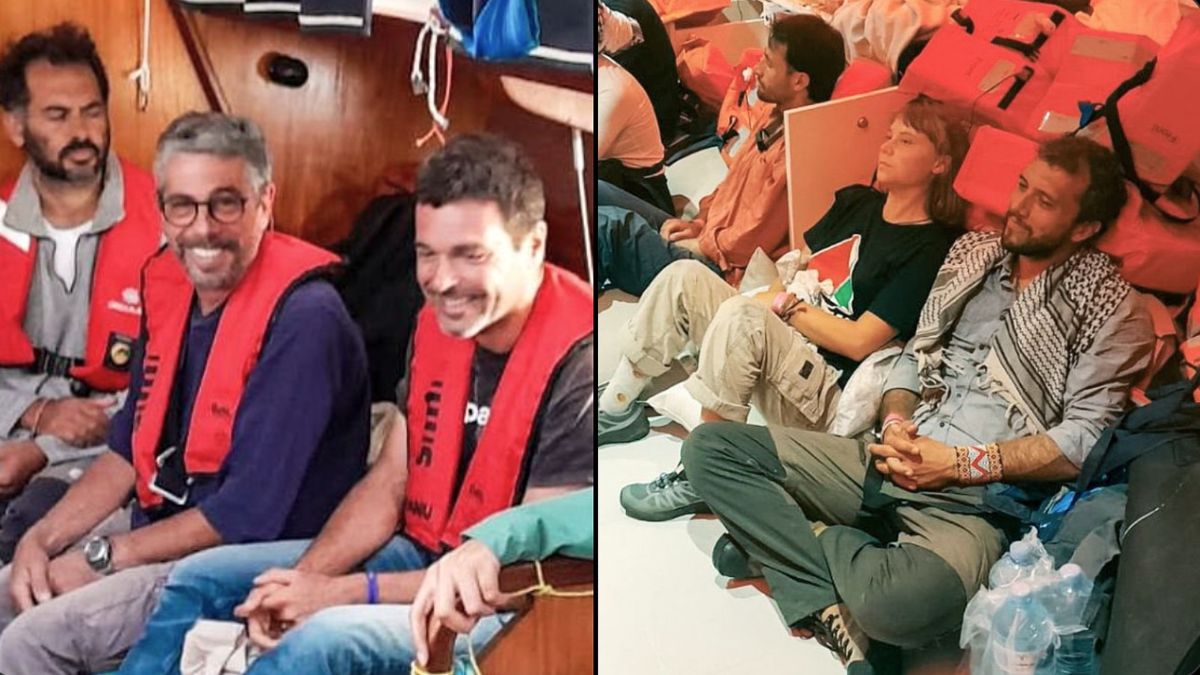)
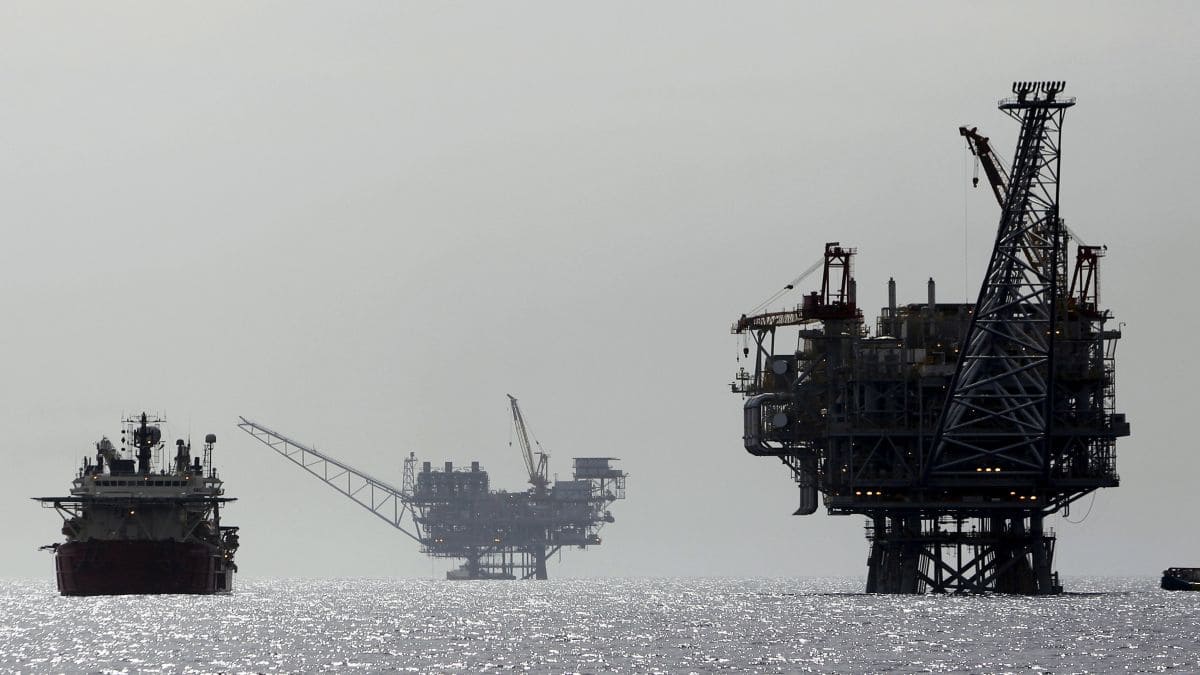
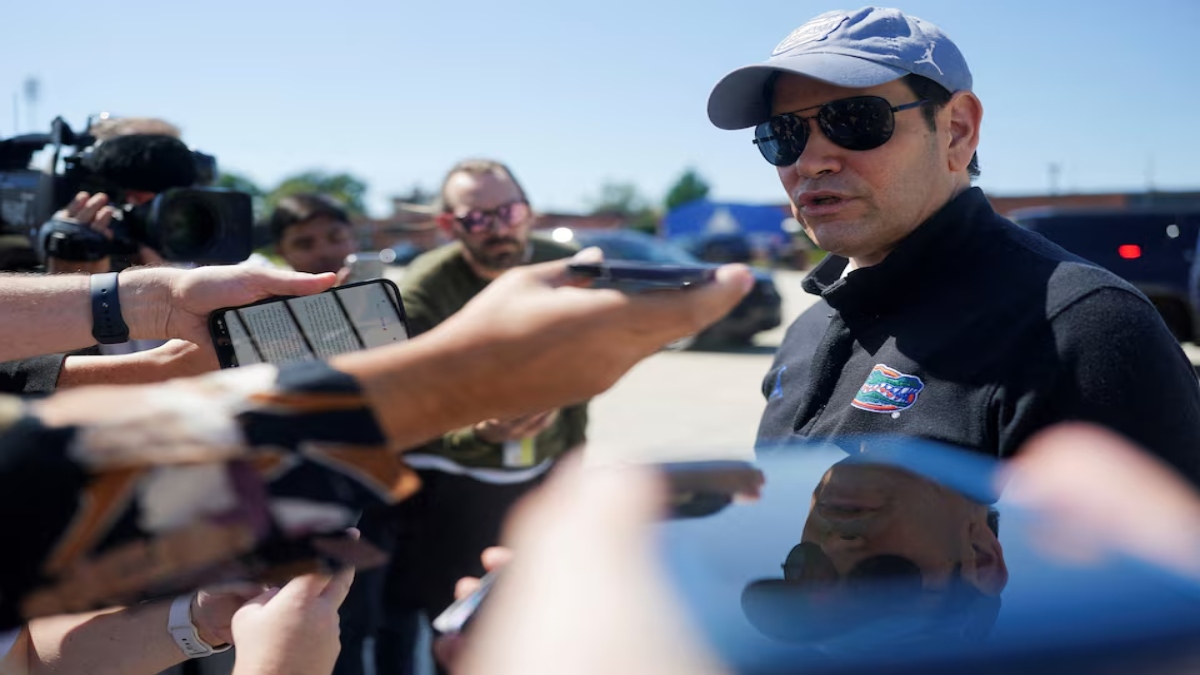)
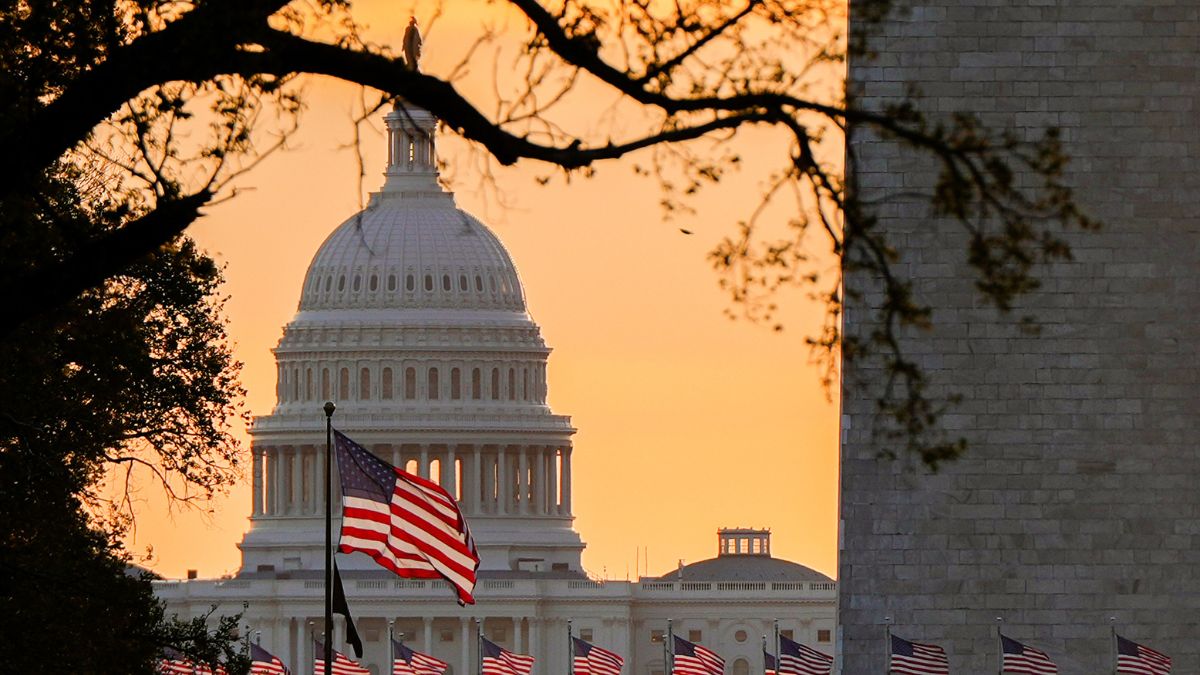)
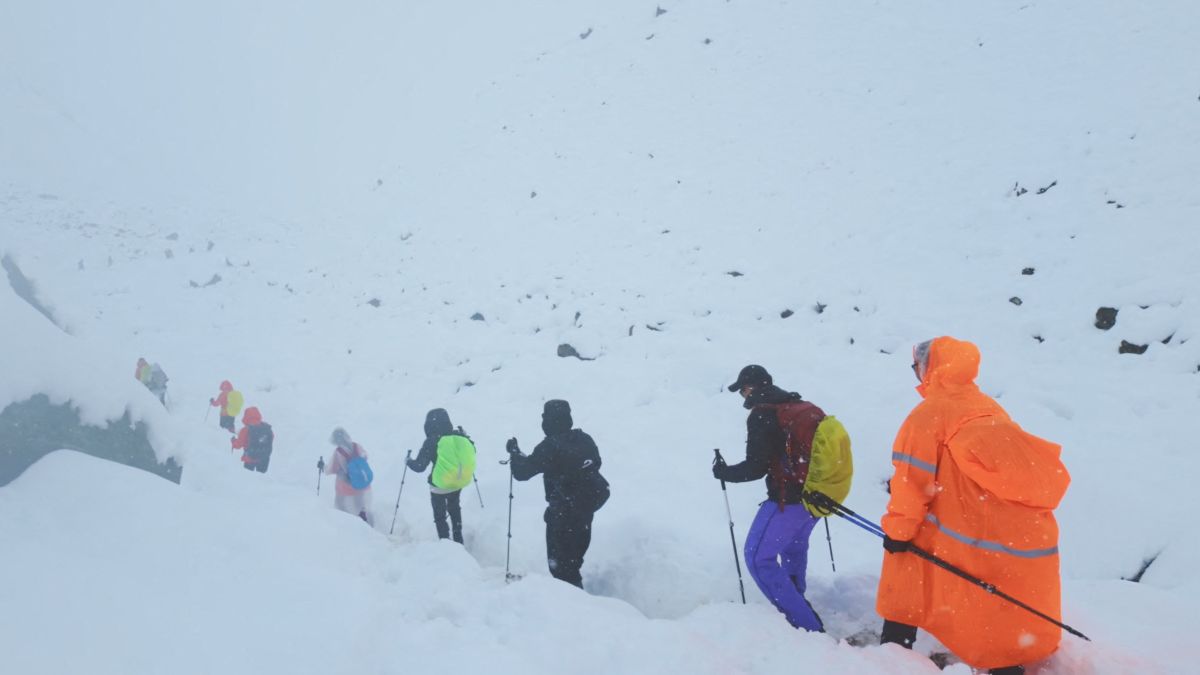)
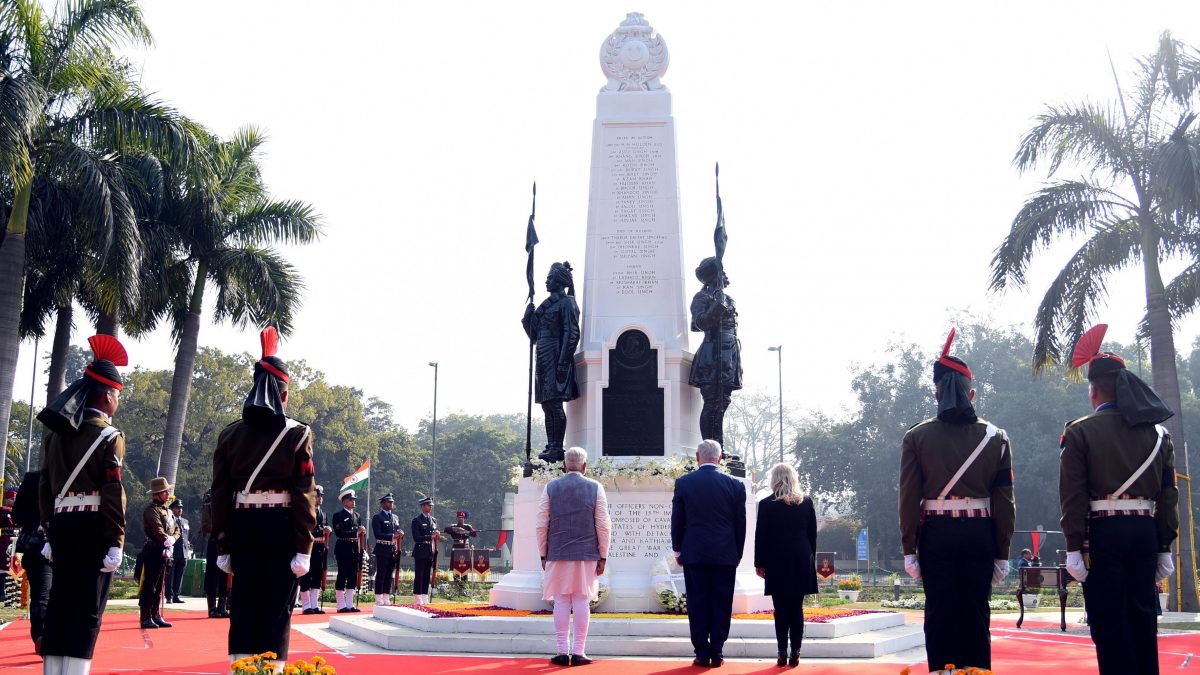)
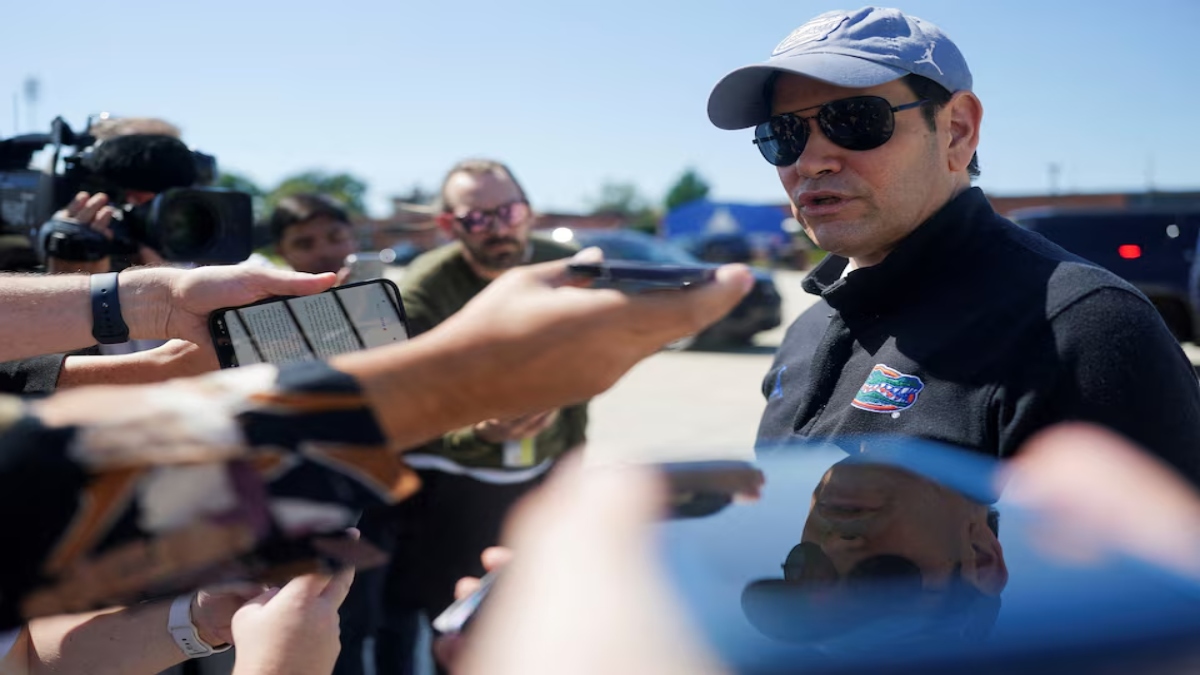)
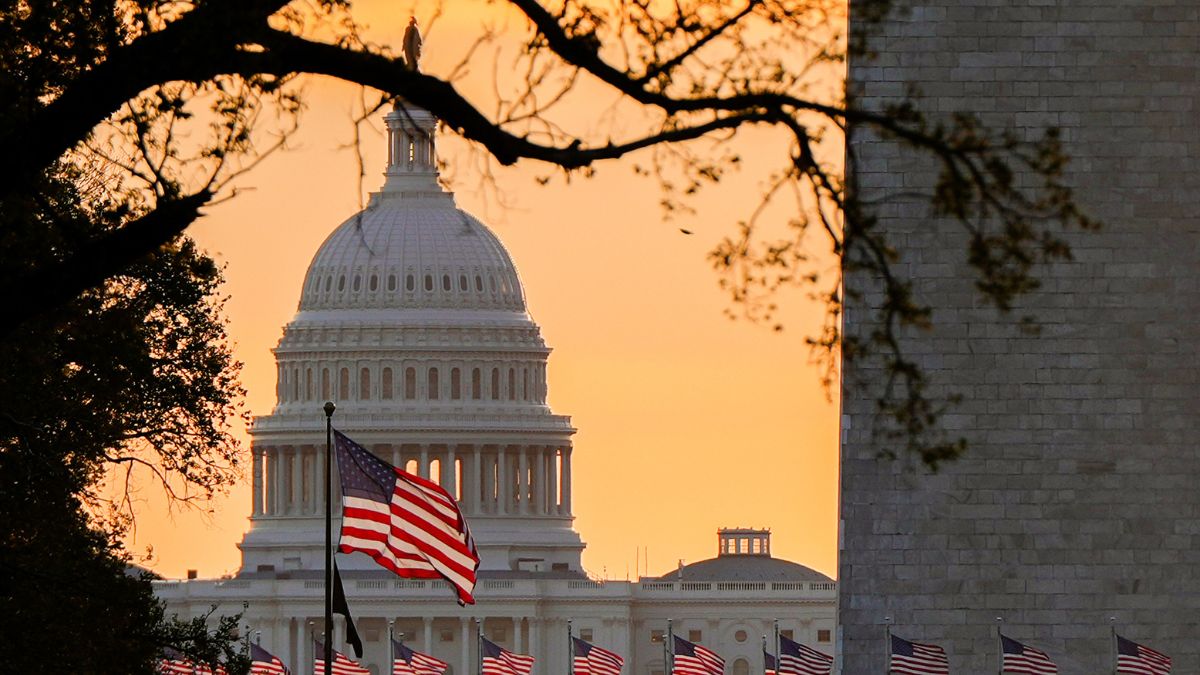)
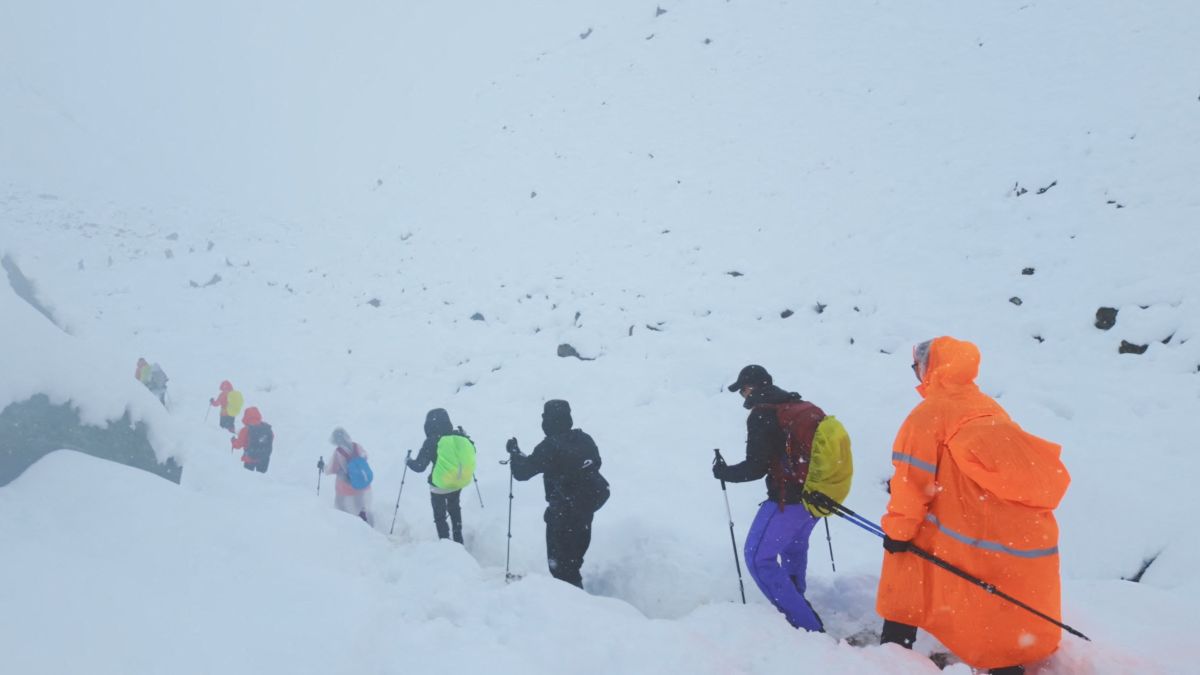)
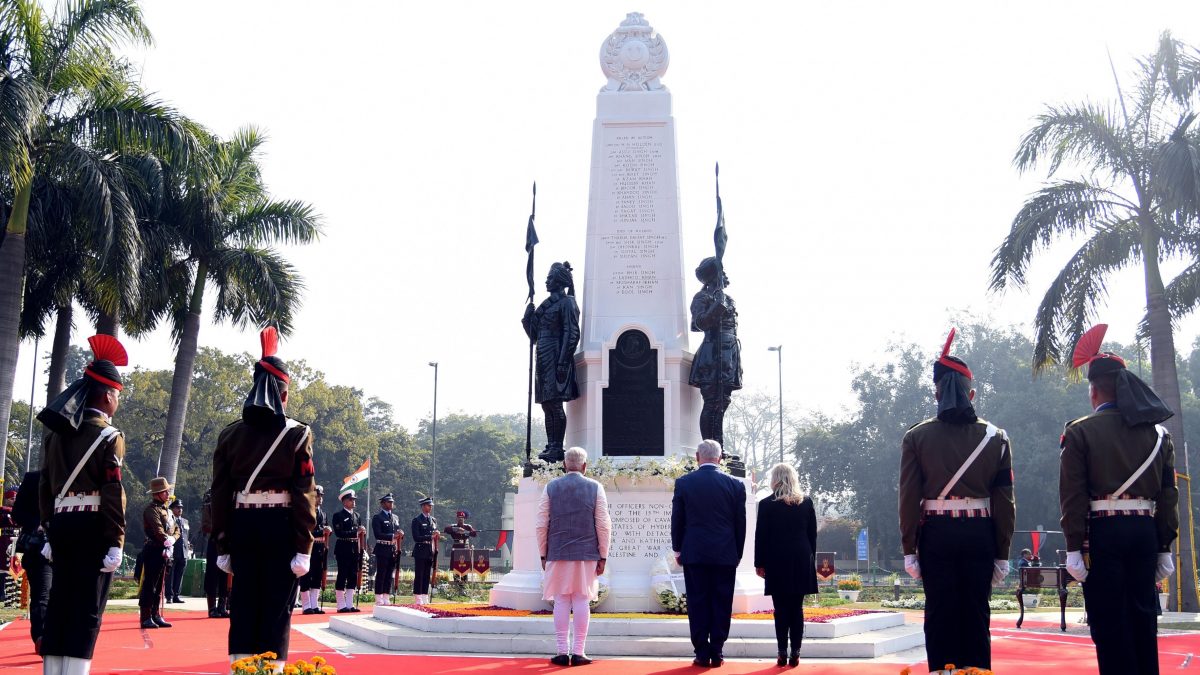)



